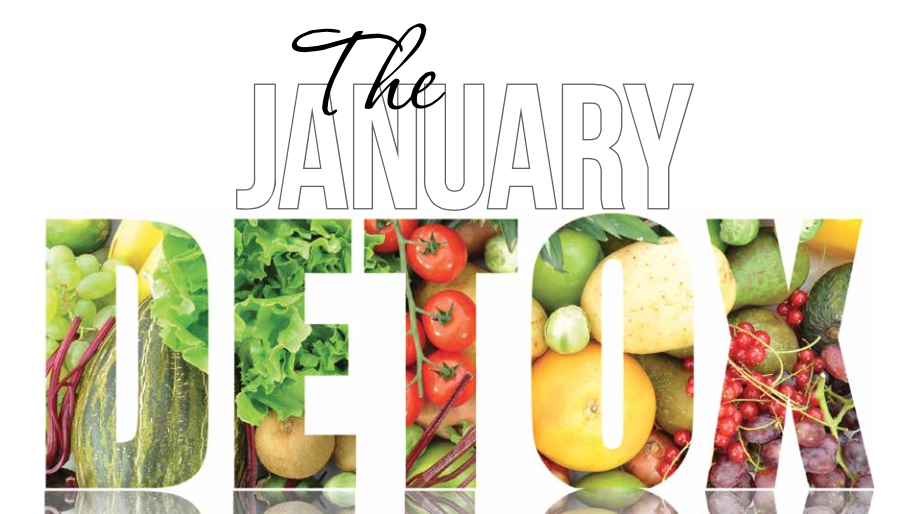
First of all, HAPPY NEW YEAR!! And second of all, if you’ve bought the latest edition of ‘Superfood Magazine’ then you will have seen my article all about DETOX, but just in case you haven’t here it is.. (before you’re tempted by any detox fads on the internet!!).
Come January almost everyone’s talking about going some sort of ‘DETOX’ – even if they just talk about it (!). We’ve indulged, we’ve eaten and drunk a lot more than usual.. but what should we do next? Feel bad about it?! Deprive ourselves of food for the next 5 days?! .. if you know me by now then you’ll know that my answer is NEITHER OF THEM! Read on though if you want to find out more about this wondrous five letter word and what you should really be doing in January..
- What does the word detox mean to you?
The dictionary defines the word detox as “a period when you stop taking unhealthy or harmful foods, drinks, or drugs into your body for a period of time, in order to improve your health”. The truth is though that ‘unhealthy’ or ‘harmful’ foods or drinks don’t really exist (notice how drugs aren’t included there!) .. the key is how much of them are consumed within the context of someone’s whole diet. For example, a chocolate biscuit only becomes unhealthy if it is eaten frequently (say a few times a day), at the expense of other nutritious snacks such as fruit, nuts or seeds. The odd biscuit within the context of a healthy and balanced diet on the other hand is far from harmful or unhealthy; I call it soul food ;).
During the Christmas period it’s easy to overindulge and eat and drink to excess, however although at the time it may feel good and the right thing to do (after all, Christmas is only once a year!), it may leave us feeling a little more sluggish (and heavier!) than usual. With January only a few days away we then begin to think about our New Year’s resolutions and weight loss/getting healthy usually takes up at least one of them (for the majority of us anyway). And that’s where the good old word ‘detox’ may come up.
- But do we really need to ‘detox’ our bodies?
You may remember from biology lessons at school that our bodies are constantly ‘detoxing’ i.e. filtering out waste products from bodily functions, toxins such as alcohol and chemicals from pollution. Several organs are involved in detoxing our bodies and they include our skin, intestine, liver and kidneys. Detox pills, patches, potions and lotions CANNOT do these clever and intricate processes for us, which is why keeping our bodies in tip top shape is essential for staying fit and well; a healthy diet, staying hydrated, keeping active, not smoking and adequate sleep are all essential to keeping our bodies in working order (and detoxing for us!).
- What about special detox diets?
Typical detox diets (aka fad diets) that promotes an extreme restriction of calories and eliminating food groups are not only unnecessary but are likely to result in weight loss followed by regain, and even worse, a return to old (poor) eating habits. Going on a restrictive eating plan doesn’t tend to promote healthy habits and if you restrict calories too much then you may not have the energy that you need to perform daily activity in addition to exercise. In the long-term, ‘starting a plan’ usually leads to ‘finishing a plan’ and then what?
You can however put into place a few simple tips to ‘make-over’ your diet, after a period of indulgence:
Ditch (or decrease) your intake of sweets, chocolate, cakes, biscuits, crisps and fizzy drinks (i.e. added sugars).
Eat an abundance of whole foods including fruits, vegetables, fish, nuts, seeds, lean meat & whole grains.
Top up with water (fluid) regularly throughout the day to stay hydrated and alert.
Open up to relaxing, taking more ‘me time’ and sleeping (aim for 7-8 hours a night).
eXercise (move your body) daily – aim for 30 minutes of moderate intensity activity at least 5 times a week, including 2 sessions of resistance exercise.
- What about your environment?
The first thing you should do when embarking on a healthy living mission, is to make your environment conducive to weight loss and healthy eating. Go straight to the kitchen and DETOX IT! Don’t rely on will power; will power is like a muscle, the more it’s used throughout the day, the weaker it gets, which means that we may be most vulnerable to temping offers of high fat/sugar foods in the evening. Take the pressure off yourself buy getting rid of any left over christmas chocolates (I’m sure that care home down the road will thank you for them!) and stock up with lots of fresh fruits and vegetables. Cook in bulk so that a healthy meal is never to far away and organise your fridge so that at eye level you have healthy snacks such as pre cut veggies and hummus or salsa, boiled eggs and cherry tomatoes or chicken slices. Keep higher calorie foods on lower shelves and cover them in tin foil (so that your eyes aren’t drawn to them!).
A food diary can be a useful place to start – this will help to increase mindfulness of foods eaten and may give you an insight into where you’re going wrong – for example is missing lunch causing you to include on that tub of Celebrations that you left out in the living room? If so, aim to make your lunch in advance, keeping it on the middle shelf of the fridge (so you can just grab it and eat) and put the chocolates out of site (ever heard of the ‘see food diet’?, well, it’s true; if you see it then you tend to want to eat it). Changing your environment is one of the most powerful and useful things that you can do.
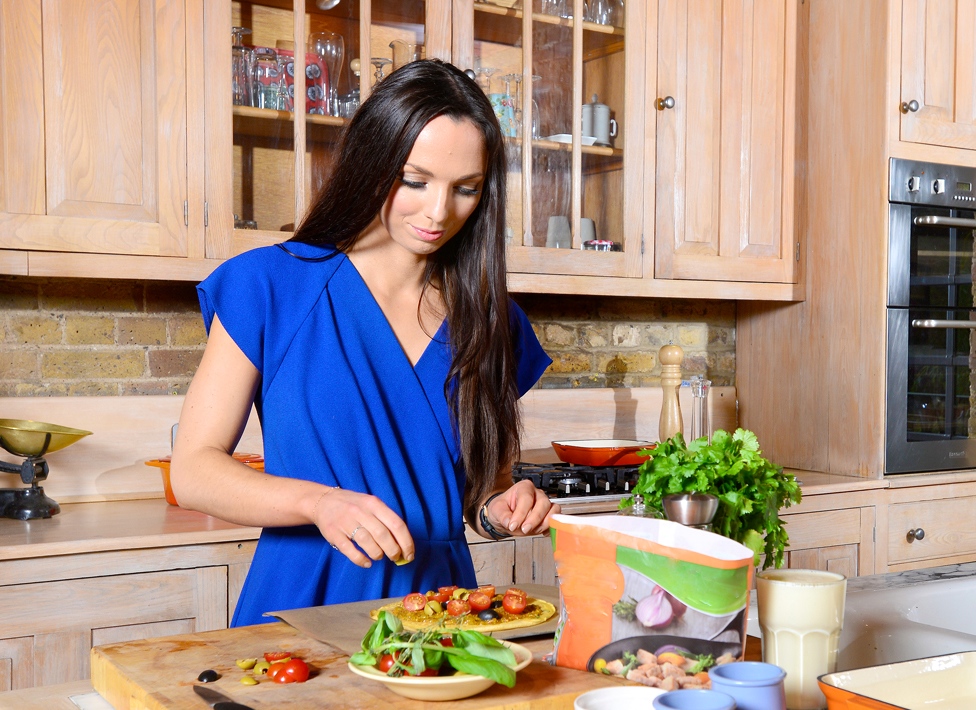
- What should I eat in a day?
Here is an example of a healthy diet, perfect for after a period of overindulging! The meals are rich with nutrients to satisfy your body and the combination of protein, low GI carbs and healthy fats will keep you feeling fuller for longer.
Breakfast: Smashed avocado with poached eggs & cherry tomatoes on rye bread
Mid-morning snack: An apple with 1-2 tbsp of nut or seed butter
Lunch: A large bowl of vegetable & lentil or bean soup
Mid-afternoon snack: A small piece of cheese and a handful of grapes
Evening meal: Baked salmon with sweet potato wedges, tender-stem broccoli and asparagus
Dessert or supper: Greek yoghurt with blueberries, honey & cinnamon
Drinks: 1-3 cups of green or black tea, water or warm water with lemon (which is caffeine free).
Aim for regular meals, with vegetables at each of them (remember you can always through some spinach into a smoothie or grate come courgette into porridge!) and stay hydrated (go easy on the caffeine though, especially if you are sensitive). Plan when you are going to drink alcohol and make sure to have at least two alcohol free days a week; remember that drinking to excess may make you less likely to stick to your good intentions.
- Can a detox help psychologically?
Although our bodies naturally ‘detox’ on a daily basis, there is something to be said for detoxing your psychological well-being. Some people like to have a defined period of time where they follow a specified healthy eating plan to ‘kick start’ their new healthier regime. On the other hand though some individuals may feel like following a restricted eating plan leaves them craving the foods that they have omitted. However you feel, taking time out to relax, and getting to bed at a decent time is bound to make you feel a whole lot better, and will leave you more in control of your (healthy) choices the next day.
- Summary.
Don’t get caught up with the hype and claims of specific ‘detox plans’ or ‘drinks’ as the body simply doesn’t need them. Having said this though it may be beneficial to cut down on foods and drinks low in nutrients and high in sugar such as cakes, biscuits, sweets and chocolate, alcohol and pop, as well as excessive amount of caffeine (which could be disturbing your sleep), and getting rid of these foods from your kitchen may be a good place to start.
Fill your home with foods and drinks that are going to nourish your body from the inside out and that are going to make you feel positive from both a physiological and psychological point of view – there’s no need to cut out certain foods or food groups, just remember to exhibit moderation!
I really hope that this blog post helps you – do let me know if you have any other ‘detox’ tips in the comments down below!
Have a healthy and happy 2016!
P.S You can read more about detoxing from my amazing friend (& also dietitian) Helen over at Food & Nonsense and you can follow the Superfood magazine on Facebook; here’s a sneak peak of the actual magazine!
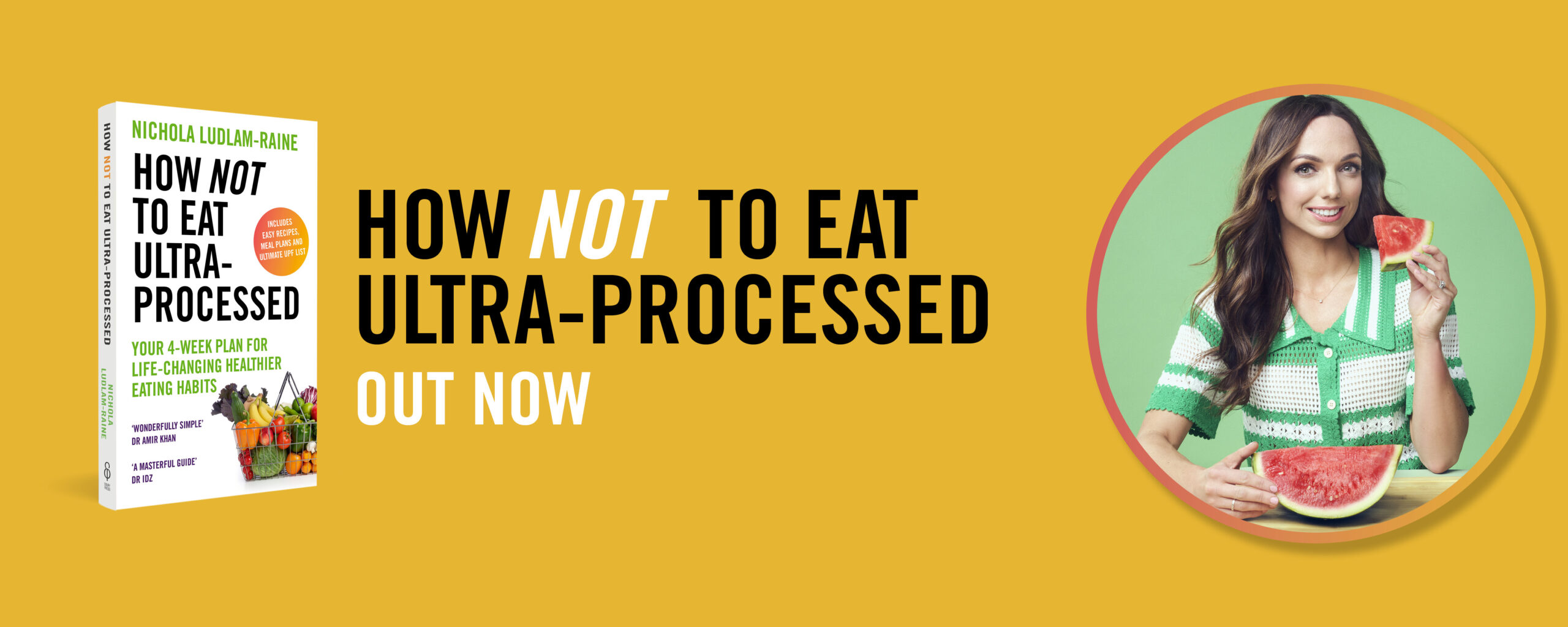
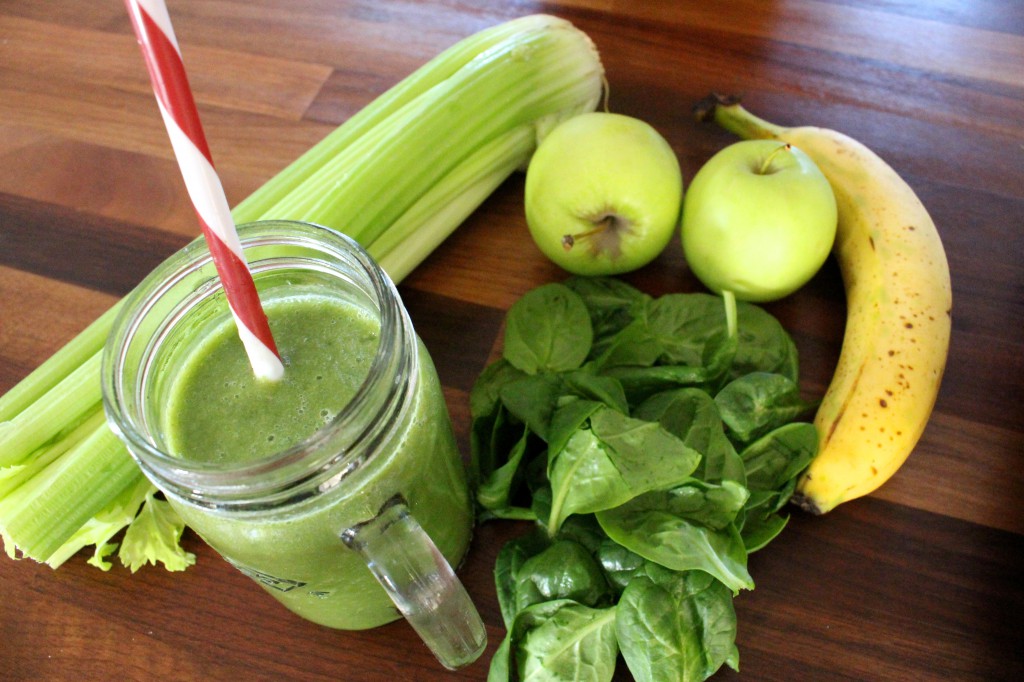
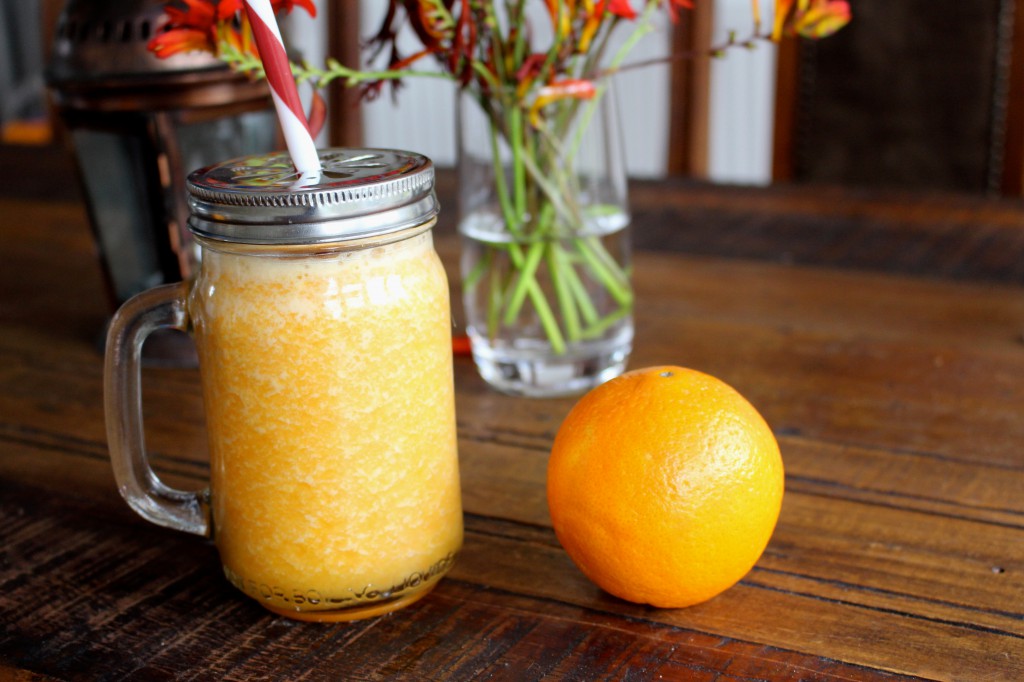
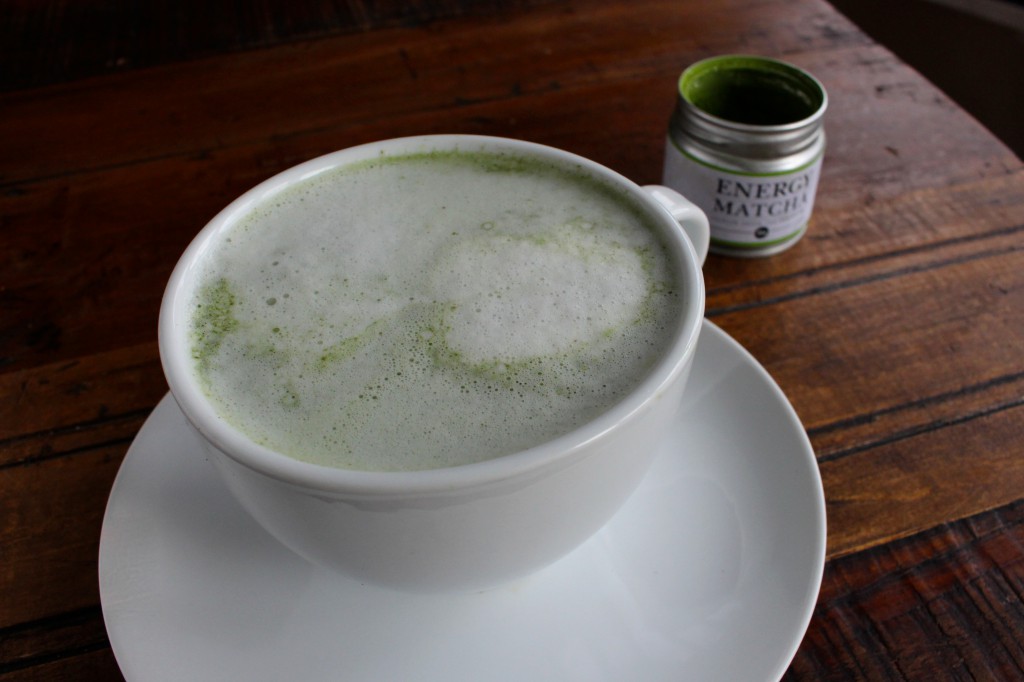
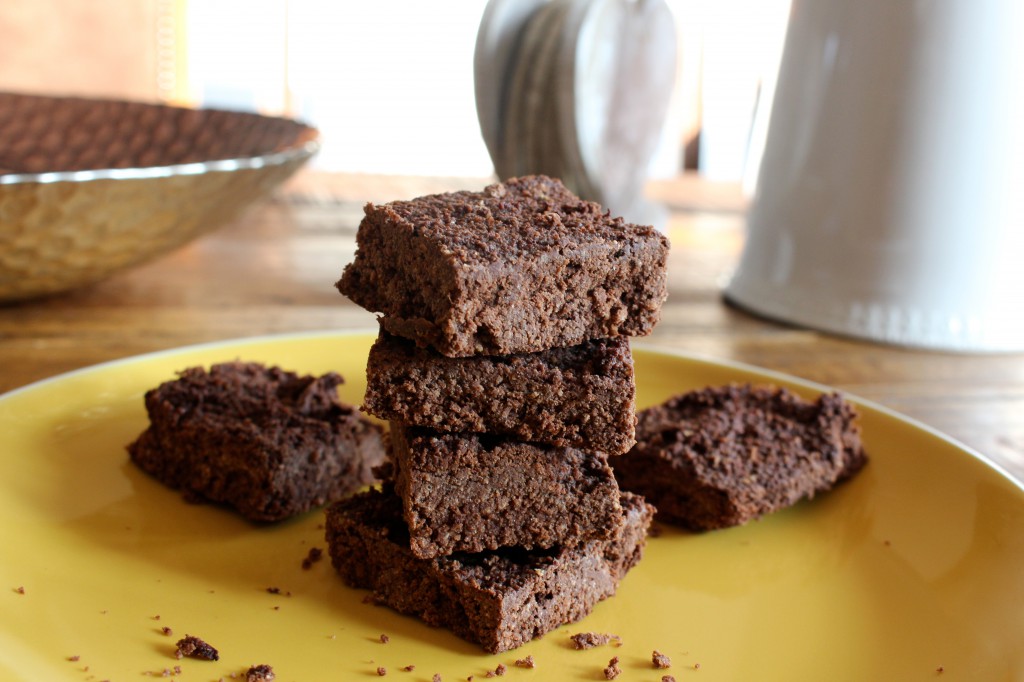
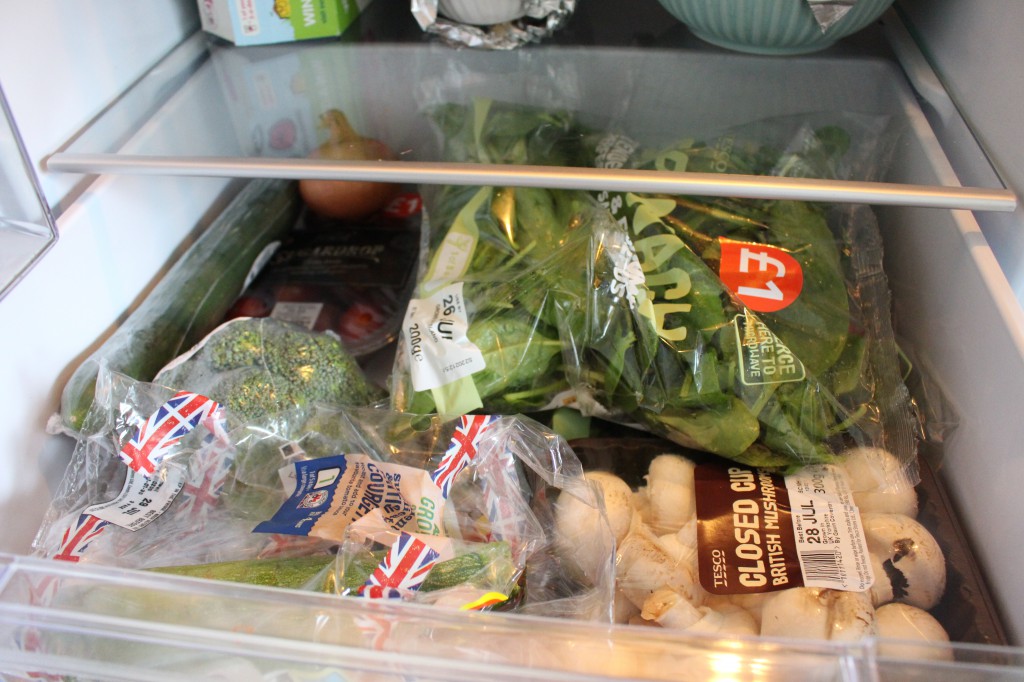
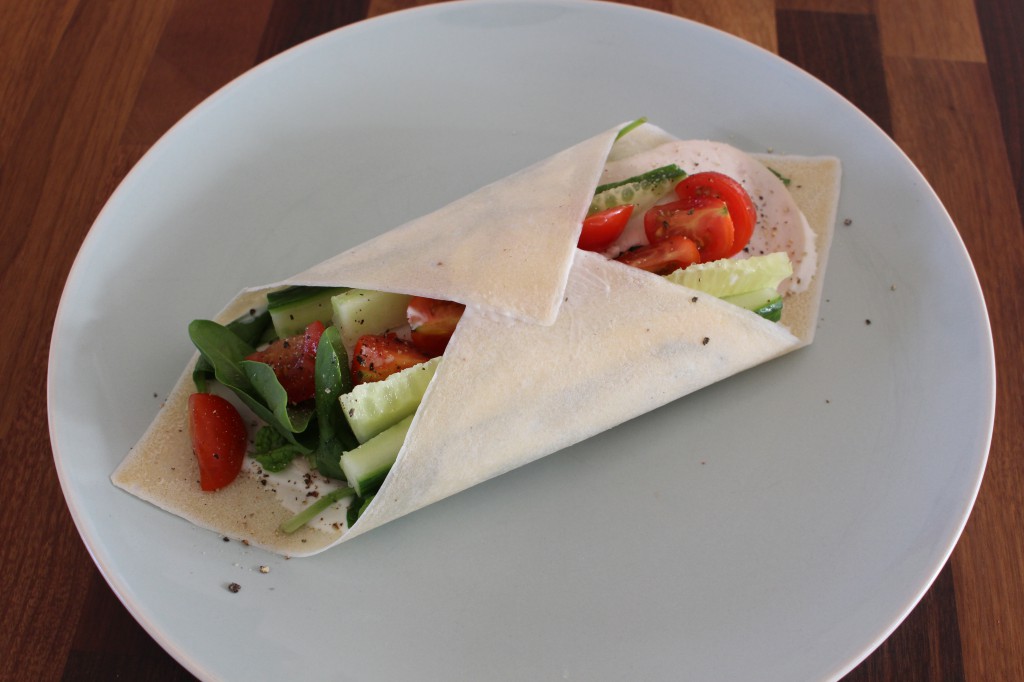
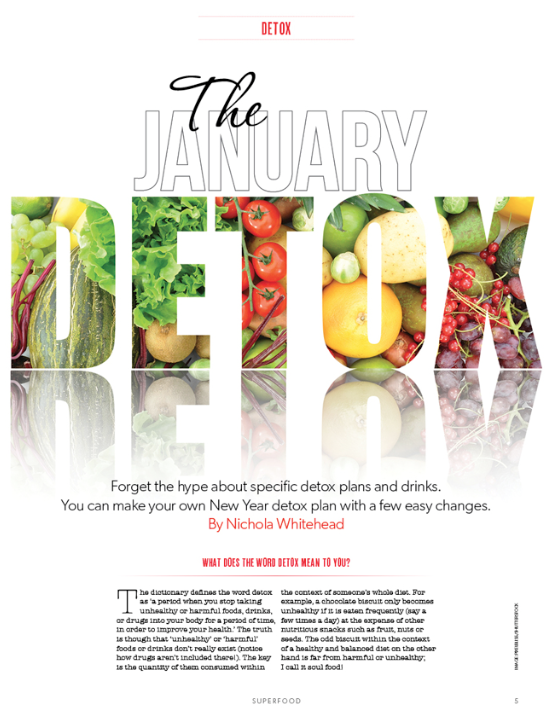
Absolutely loved this post! Couldn’t agree more, there’s no need to go on a crash diet in January, just focusing on the little things will go a long way! 🙂 x
Thank you so much Shannon!! Happy New Year xx
Morning Nic.. Really pleased to read this article as im sick of hearing about these magic smoothies that can somehow take impurities out of our bodies and cleanse my liver/kidneys etc.. I know it’s all marketing but don’t understand how people can think a fruit smoothie or some supplement powder can remove so called impurities from my body..
Hahahaha, I know what you mean 🙂 Thank goodness that some people have some common sense!! Thanks for your comment 🙂 x